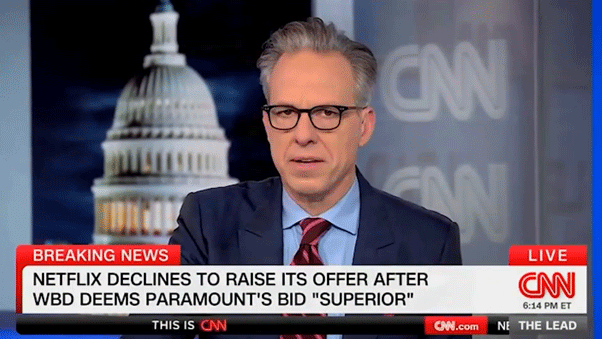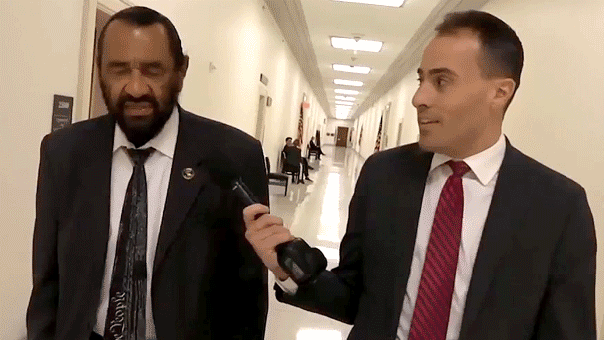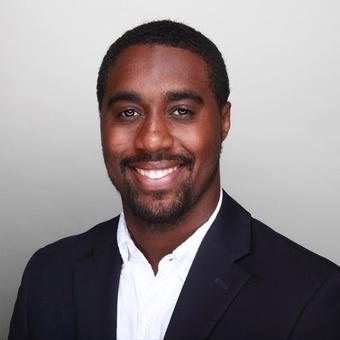Nicole Neily on DOJ investigating parents: ‘Shame on them’
Parents Defending Education founder Nicole Neily fires back at the Department of Justice and FBI over 2021 memo calling to investigate parents as "domestic terrorists" and discusses efforts to educate and defend parental rights in education.
Escambia County Public Schools, Florida considered a proposal to revise a policy to allow parents to decide what books their children can read.
At the beginning of Escambia County schools' "special workshop" on Monday, school board members addressed concerns over books that have been accessible to students. The workshop stemmed from a senior English teacher's claim last month that over 100 books in Escambia County Public Schools violated Florida law.
"I think at some point we have to know that we have professionals working for us that are evaluating, making decisions, based on the literature that is being proposed. Long before I got on the school board, we have had the ability for parents to ask for their child not to read a specific book. That has been there. This is really nothing new other than we have to put it in policy," school board member Patty Hightower said at the outset of the meeting.
"What we’re tasked with as a board is making sure that parents and students have rights," Hightower said.

Bookcase in a library. (iStock)
"When we get to some of these books, there are some of them I believe should not be in the school district, and I am concerned how they got there. I’ve talked to the superintendent," school board member Kevin Adams said.
"We have always had in place the ability for parents or the public to challenge materials whether they are instructional or they are media materials … I think the difference now … is we have challenges on 117 books that none of us were aware that some content language, scenes, scenarios, information and that puts a whole new light on it for me," school board member Paul H. Fetsko said.
Under Chapter 4, Section 6 of Escambia County School Board Policy, "Interested citizens may challenge materials being used in a school according to procedures established by the Board and published in the Challenged Materials document on the Media Services website."
The proposal makes Section 6 of Escambia County School Board Policy align with state standards, shifting power to concerned parents to decide on what their child consumes in school. This means that the proposal gives parents the ability to have control over both textbooks and library books their child consumes.
If the proposal for the revision is passed, parents would have the opportunity to choose "open access, limited access, or no access" to school library books.
Parents of middle school students would have the opportunity to opt-in for access to young adult titles. The proposal requires a material reviews committee to recommend and approve instructional materials and the committee is required to include at least one parent from the district.
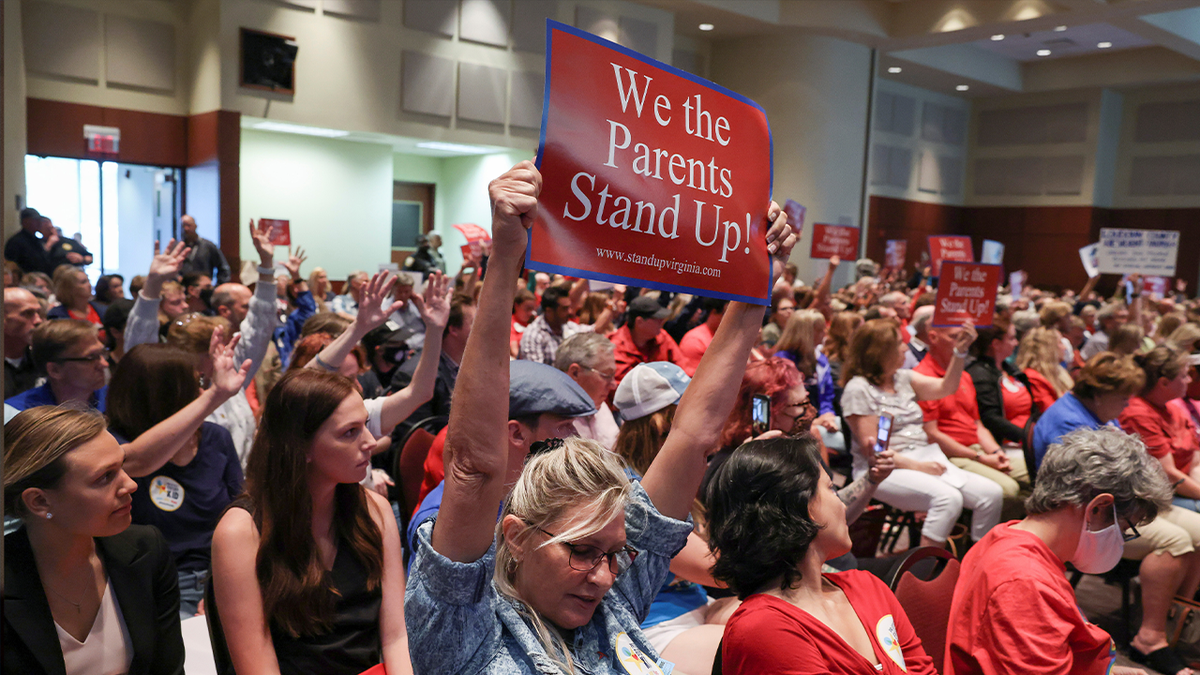
Parents and community members attend a Loudoun County School Board meeting on June 22, 2021. (REUTERS/Evelyn Hockstein)
Furthermore, the new policy places titles currently being reviewed under "restricted access." Parents who want to grant their children access to titles in the category must fill out a form granting permission to either a specific title or to all titles. When the forms are returned, a note is made in Destiny and the student will have access to restricted titles accordingly.
Escambia County Public Schools told Fox News Digital that "there are currently 128 titles that have been asked for reconsideration to be included on our school library collections" and "a form has been completed for each title and district review committees will be formed to begin the reconsideration process once the new ECSD Board policy is established."
"The new policy will make the process easier for parents to communicate their wishes by choosing one of three levels of school library collections access for their student: open access, limited access and no access," Escambia County Public Schools added. "The ability to choose the access level will be available through an online or printed form."
DESANTIS SPOX PUSHES BACK FOLLOWING ACCUSATIONS IN LAWSUIT OVER FLORIDA PARENTAL RIGHTS LAW
The proposal comes after Escambia County Superintendent Dr. Tim Smith, who presides over 69 schools and 38,465 students, created a "restricted" section to all school libraries where books are under review. Now, students are required to have parental approval in order to read books in the restricted section.
Escambia County Public Schools told Fox News Digital that the revision is still a proposal until the board holds a formal vote within the next couple of months.
"We are, however, still placing contested titles in the restricted sections of our libraries, and students must have parental permission to check them out from there," the school board said.
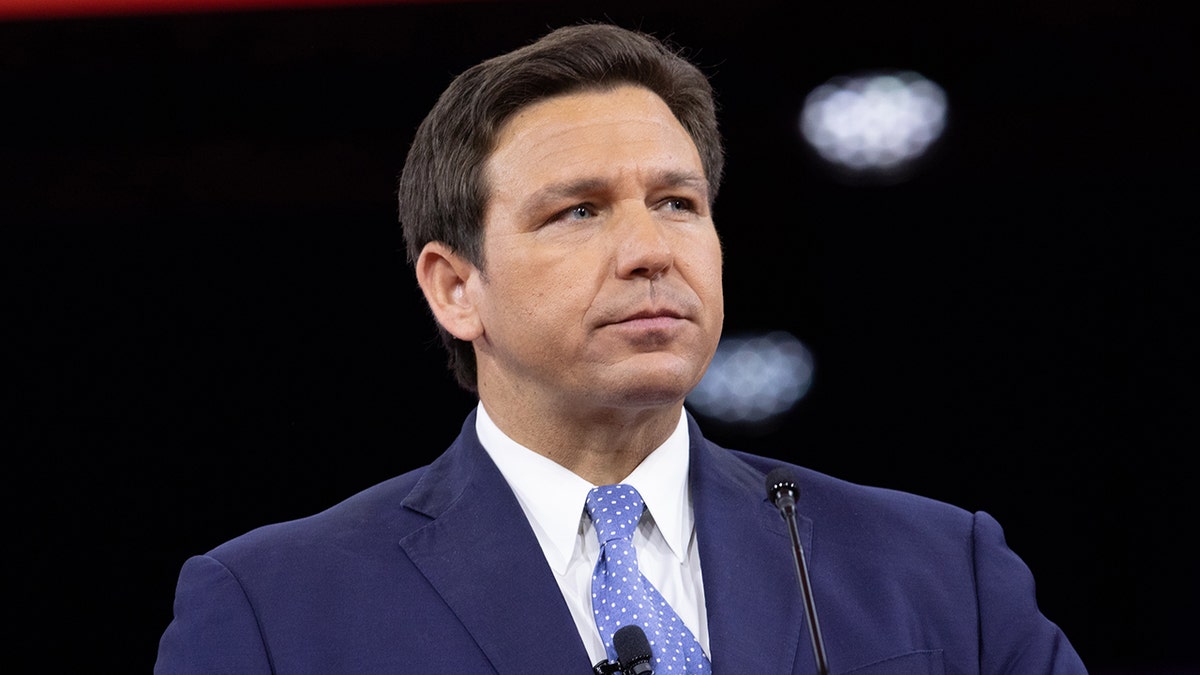
Ron DeSantis, governor of Florida, speaks during the Conservative Political Action Conference (CPAC) in Orlando, Florida, U.S., on Thursday, Feb. 24, 2022. (Tristan Wheelock/Bloomberg via Getty Images)
Florida Gov. Ron DeSantis earlier in the year signed a parental rights bill that bans teachers from giving classroom instruction on "sexual orientation" or "gender identity" in kindergarten through third grade.
CLICK HERE TO GET THE FOX NEWS APP
DeSantis’ Curriculum Transparency Bill, which will go into effect in January, gives parents the first decision in what books their child is exposed to in school.
The Parental Rights in Education bill, which passed the Republican-controlled state legislature this month, has been dubbed the "Don’t Say Gay" bill by Democrats who misleadingly claim it bans any discussion pertaining to being gay in Florida schools.
The issue of education has become a top concern among voters heading into the midterm elections. Since the pandemic, school board meetings have become battlegrounds between parents and school board officials. Parents across the country have protested against COVID-related restrictions in schools and controversial curriculum like critical race theory and gender theory. This has reignited the debate on how much control parents have over their children's education.













